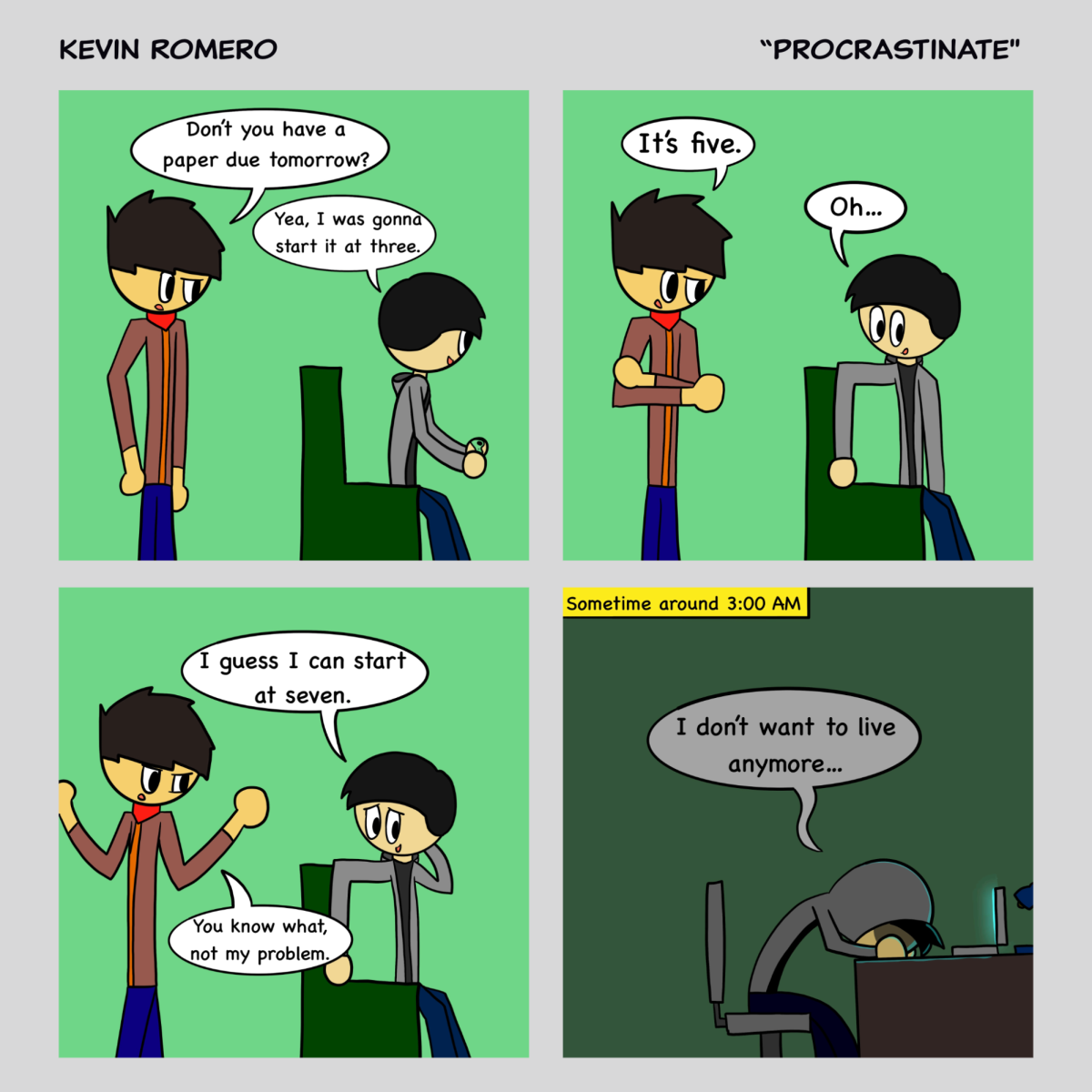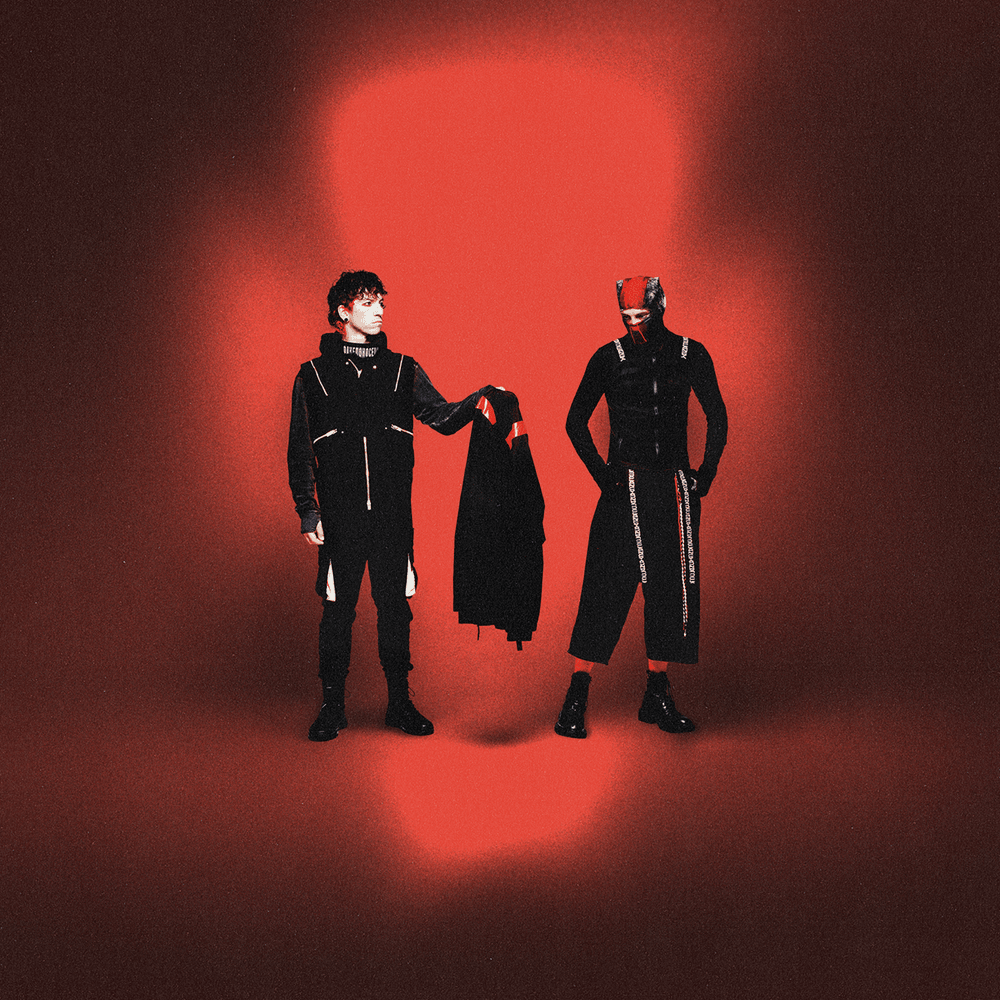As a kid, I was utterly entranced by the power fantasy offered by the original Assassin’s Creed games. There was just something so unique and special about playing as a blade in the crowd and fighting against injustice in these meticulously crafted historical settings.
Even more than that, the narratives of those games were absolutely amazing. Seeing Ezio Auditore grow from a brash teen to a wise and jaded master assassin or Edward Kenway go from a greedy pirate to a remorseful man seeking redemption were experiences that I will never forget.
That said, I have been very displeased with Assassin’s Creed as of late. Since Assassin’s Creed Origins, I feel like the franchise has lost much of its identity in its attempts to chase after industry trends set by The Witcher 3. The franchise simply was not the same as what I fell in love with. The last time that we got to play as a proper assassin was in 2015’s Assassin’s Creed Syndicate.
While I understand that game franchises change and grow over time to stay fresh, nearly every single aspect that made these games great, to begin with, was stripped back to its bones in these recent titles.
In response to my, and the sentiments of many other fans, Ubisoft has given Assassin’s Creed a massive return to form with the newest game in the franchise, Mirage.
Espousing that this game would return the franchise to its roots, Ubisoft was aiming to recapture old fans like me who fell in love with the games of yore.
Unfortunately, Assassin’s Creed Mirage is a mere half-step in its attempt to bring the franchise back to basics. It attempts to recapture the magic of the old days, but it does little to bring it forward to the modern day in any meaningful way. Even worse, it fundamentally misunderstands why the original games are so beloved to begin with.
Set in the city of Bagdad, this game follows Assassin’s Creed Valhalla alum Basim in the early stages of his assassin career. Just like most other games in the franchise, Basim, adorned with the iconic hidden blade, is tasked with killing a variety of corrupt political figures who are affiliated with the evil Templar order, which seeks to rule the world.
I wish I could say more about the story, but that’s literally all there is to say about it. The narrative in this game is absolutely terrible. As much as I’ll lambast the other recent games, they, at the very least, attempt to have a story, but Mirage comes across as some weird Frankenstein monstrosity that wholly misunderstands why the original games are good.
The story is essentially structured in seven arcs, but the middle five are not linear, so you can do any of them in any order you want. This narrative design absolutely kills any sense of character development or momentum within the story. This story feels like Ubisoft just asked ChatGPT to construct some semi-coherent stories and patched them together into this sad excuse of a story.
There are no character arcs or interesting characters, and the overall conflict between the Assassins and Templars is painfully simple and basic. Those original games thrived because of their engaging and unique stories that actually felt like they had a modicum of effort put into them.
I won’t lie, the original games definitely had their issues, but many of them were easy to look past because of the engaging narrative experience they provide. In this game, however, the problems become all the more apparent since it doesn’t have a narrative Atlas to carry the rest of the game.
In terms of gameplay, this game is just as lacking in ambition.
This game feels like a strange half-measure between the old and new games, and it doesn’t quite work. The city is designed almost exactly like the old games, but the movement mechanics are the same as the new ones which makes traversal feel sluggish and without any sense of momentum. Basim feels very floaty, and the lack of precise control in the movement is abundantly felt.
It feels nice to finally have a city that is designed like the older games, but it doesn’t hit as hard when I’m exploring it with a dumbed-down parkour and traversal system.
Combat is also exceedingly lame. It’s a very stripped-back version of the Valhalla combat that is purposefully obtuse to discourage you from playing aggressively. On one hand, I get wanting to encourage playing stealth, but the combat feels clunky and bad, which wasn’t even apparent in the stealth-driven games.
It makes Basim feel like a piece of string cheese instead of this expertly trained master assassin because he can’t even hold his ground against more than two enemies.
The stealth is this game’s saving grace.
While it still pales in comparison to dedicated stealth games like Metal Gear Solid and Dishonored, it nonetheless gives a fun and satisfying experience that is rewarding and engaging. Infiltrating an enemy palace or stronghold and slowly picking off enemies one by one as you make your way to your objective still feels just as great as it did back in 2007.
Even more, this game finally brings back social stealth, which completely shifts the stealth experience as it allows you to blend with crowds and other people in order to reach your objective. It feels great to blend into a crowd and feel like an unseen ghost amidst a group of people.
There are still some problems with the stealth, though. First, the AI is dumber than Pee-wee Herman after huffing glue. There were multiple times I would kill someone right in front of another enemy, and the other person would not notice. The AI is so hilariously stupid that you can kill people in the middle of conversations, and you’d have a 50/50 chance of the other person not noticing.
Second, the hidden blade animations leave a lot to be desired. Compared to Unity and Syndicate, the animations just don’t look as cool or convincing, which is unfortunate since those games came out over eight years ago.
Assassin’s Creed Mirage left me with very mixed feelings. On one hand, it was awesome to finally be back in the white robes, but on the other, it’s painfully uninspired. This game feels like a by-the-books half-breed between the old and new games, and the design philosophy of both does not mesh well together.
I miss the days when Assassin’s Creed attempted to be something more than the video game equivalent to Taco Bell, and Mirage only makes me long for the days when this series felt like a home-cooked meal.
Score: 5/10














